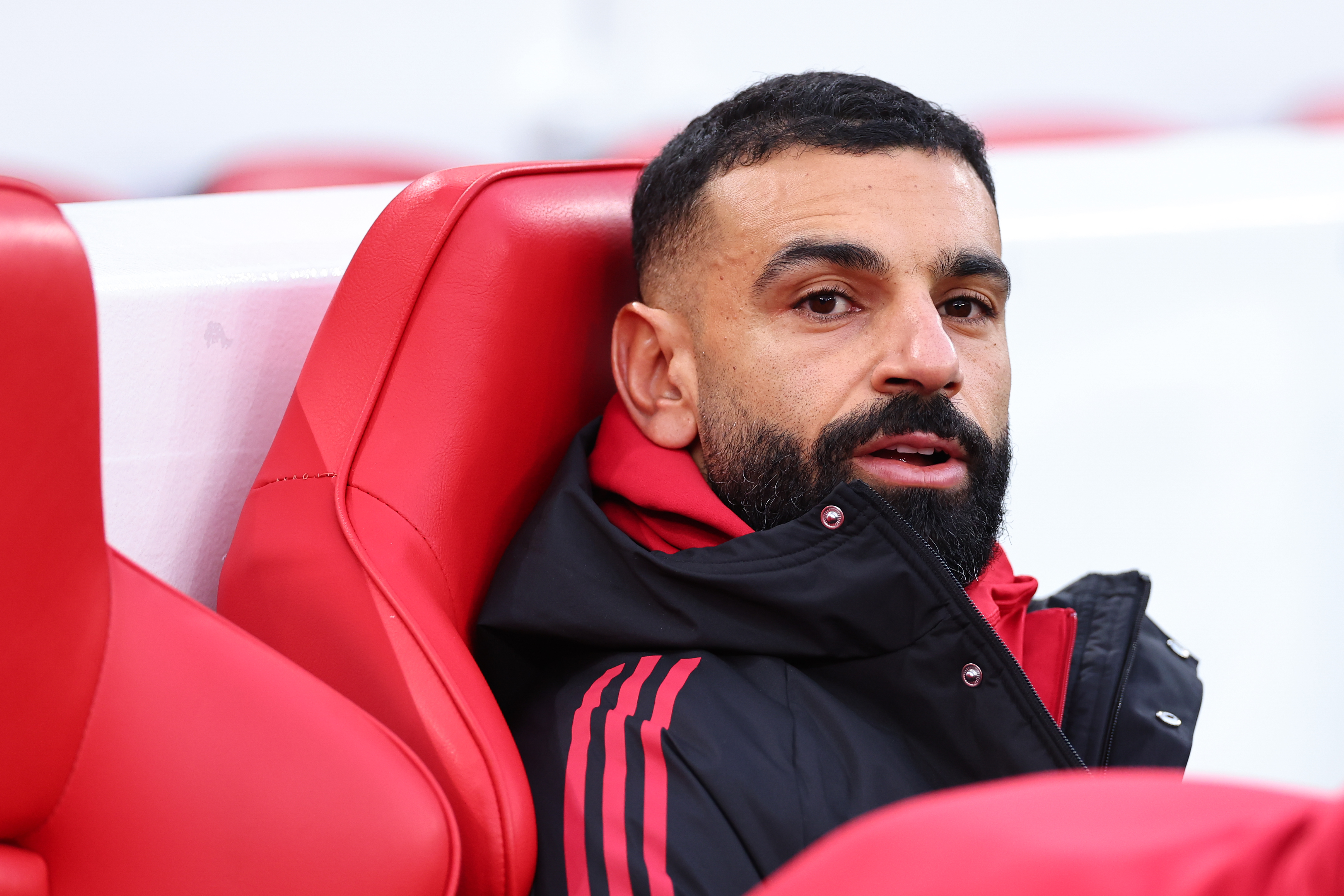The greatest half-times ever
The half-time whistle blows, your team is 2-0 down. As the coach, itâÂÂs your job to inspire them. What do you do?
Easy, says Andy Roxburgh, former Scotland manager turned UEFAâÂÂs technical director. âÂÂLook for something, anything, positive.âÂÂ
And he does mean anything.
As Liverpool left the pitch 3-0 down at half-time in Istanbul in the 2005 UEFA Champions League final, coach Rafa Benitez noticed the fans were still singing.
That was the positive he needed.
Apart from a legendary tactical talk in which, at one point, had 12 Liverpool players on the pitch, BenitezâÂÂs core message was: âÂÂThe fans havenâÂÂt given up. Give them a goal and letâÂÂs see what happens.âÂÂ
Benitez was canny enough not to focus on victory. At that point, against that opposition, such talk would have sounded absurd to his dazed players.
The best features, fun and footballing quizzes, straight to your inbox every week.
Instead, he gave his players a realistic goal that, if achieved, could be a step towards victory.
As inspirational as Rafa was, some players, notably Steven Gerrard, have since admitted they were too miserable to really focus on what he was saying.
Roxburgh faced a similar predicament in September 1991, when Scotland needed a point against Switzerland in Berne to qualify for Euro 92.
At half-time, the Scots were 2-0 down and all seemed lost. But, as Mario Kempes once noted, âÂÂTwo-nil is the most dangerous score in football.âÂÂ
As the Swiss players left the pitch, Roxburgh realised they were celebrating. That became his positive.
In the dressing room he told his players: âÂÂTheyâÂÂve gone, mentally.â One goal, he insisted, was all Scotland needed.
One goal â by Gordon Durie two minutes into the second half â was all it took for the Swiss to succumb to Shrinking Lead Syndrome.
After 90 minutes, Scotland had their point and place at Euro 92.
Sometimes, the losing coach has to change the teamâÂÂs perspective on the game.
In 1999, with Bayern 1-0 up in Camp Nou, Sir Alex Ferguson invited his players to imagine how it would feel to stand right next to the European Cup and not be able to touch it.
âÂÂDonâÂÂt you dare come back in here without having given your all,â he admonished them. The rebuke worked. Just.
Every manager uses half-time in their own way.
Some throw crockery to grab attention. Some wait till the crockery is in use before addressing the team. Others talk to players individually.
Brian Clough had a vast anthology of half-time tactics.
Roxburgh recalls one incident when, after a dire first half, Cloughie came into the dressing room and sat down. The players waited for the usual bollocking. And were kept waiting.
Clough sat there, silently, for the whole of the interval. His team found this even more unsettling than his rants and played much better in the second half.
You couldnâÂÂt use that tactic too many times, but it was effective â and is the exact opposite of how Hollywood imagines such a scenario, like Al PacinoâÂÂs half-time speech as the coach in Oliver StoneâÂÂs gridiron epic Any Given Sunday.
Pacino's speech, on what it means to be a team, is so inspiring that Diego Simeone liked to use it when he was coaching.
The speech must have yielded diminishing returns: he quit River Plate a year ago after 11 games without a win.
The greatest half-time speech must, judged purely on results, be Alan MulleryâÂÂs as QPR boss on 22 September 1984.
Rangers were 4-0 down at home to Newcastle United. Mullery wasnâÂÂt especially eloquent, just livid. But that was enough: QPR pulled it back to 5-5.
This was probably the effect Phil Brown was hoping for when he kept his players on the pitch at Manchester City last season.
Instead, his public rollicking suggested to many that he had lost the plot.
Real life often throws a curve ball that no Hollywood scriptwriter would dare imagine.
In September 2004, with Peterborough losing 1-0 at Bristol City, the volatile monobrow that is Bobby Gould quit as coach.
After remaining silent during some heated exchanges in the dressing room, Gould nudged manager Barry Fry as the players left for the second half and said: âÂÂThatâÂÂs me, IâÂÂm packing up, I canâÂÂt be associated with that side.âÂÂ
The Posh still lost 1-0.
At least Gould got to make the decision.
In 1999, goalkeeper turned coach Toni Schumacher was giving his half-time team talk to the Fortuna Cologne players when club president Jean Loering popped his head around the door and fired the astonished coach, ordering him to leave the stadium immediately.
Asked to explain the bizarre timing of this decision, Loering said: âÂÂHe is arrogant and selfish. He always thinks he's the only one who knows anything about football.
"But with regard to his tactics, he did not know whether he was a man or a woman.
"One minute we were all defence, the next we were all attack. It was not just the fans who were confused, but the players.
"I idolised Schumacher as a player but I am not going to sit on my hands while he takes my club to the grave.âÂÂ
Sometimes, a coach will turn to comedy rather than melodrama.
Take Scottish wing-half Tom McAnearney, who managed Aldershot for most of the 1970s.
When they came in after conceding a goal just before half-time, the players braced themselves for a lecture.
Instead, McAnearney read his paper while the players got their cups of tea.
Eventually, he broke the silence asking: âÂÂWhat time was the goal scored?âÂÂ
âÂÂThe 44th minute,â came the reply.
âÂÂBrilliant,â McAnearney said, âÂÂthat means IâÂÂve won the golden goal.âÂÂ
You could say McAnearney was following RoxburghâÂÂs advice. HeâÂÂd found something positive.
--------------------------------------------------
FourFourTwo.com: More to read...
More Professor Champions League blogsBlogs HomeChampions League NewsChampions League statistics
News Home
